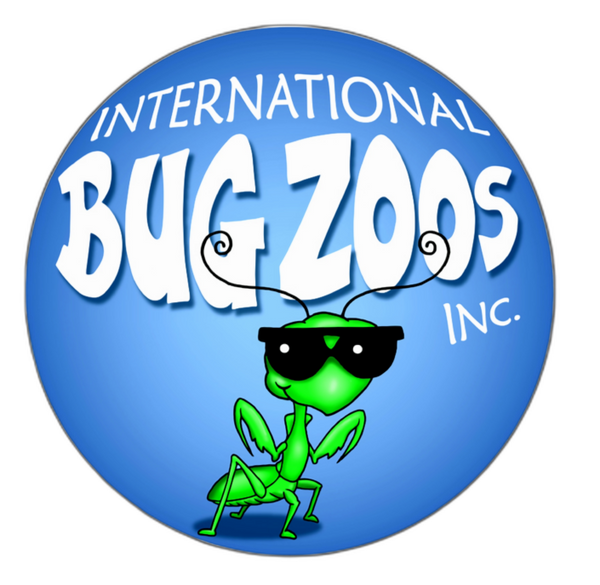The Critical Role of Insects in Ecosystems
Insects are often overlooked or regarded as minor nuisances, but they play a vital, multifaceted role in the functioning of ecosystems. They are essential actors on the ecological stage, performing tasks that, despite their size, underpin the health of the planet and all its inhabitants. The importance of insects extends from pollination and decomposition to serving as a crucial food source for many other species.
Pollination: Keystone of Biodiversity
Perhaps the most well-known service provided by insects is pollination. Pollinators such as bees, butterflies, and beetles transfer pollen from one flower to another, facilitating the reproduction of many plant species. It is estimated that 75% of the world's flowering plants and about 35% of the world's food crops depend on animal pollinators to reproduce. Without these industrious insects, ecosystems would quickly lose their biodiversity, and food supplies would diminish. The role of insects in pollination underscores their importance in agriculture and the production of fruits, vegetables, and nuts, essential for a balanced human diet.
Decomposition and Nutrient Cycling
In addition to pollination, insects contribute significantly to decomposition and nutrient cycling. Decomposers, including beetles, flies, and ants, break down dead plant and animal matter, recycling it into soil nutrients. This decomposition process is vital for soil health and fertility, ensuring that nutrients are available for new plant growth. Without insect decomposers, dead material would accumulate, and nutrients would be locked away, unavailable to the ecosystem. Insects thus play a crucial role in maintaining the balance of nutrients in ecosystems, supporting plant growth and the overall health of the environment.
Predation and Biological Control
Insects also contribute to ecosystem health through predation, acting as natural pest controllers. Many insect species feed on other insects, preventing any single species from becoming too dominant and causing imbalances. Ladybugs, for example, feed on aphids, helping to protect crops from these common pests. This natural form of pest control is invaluable for agriculture and natural ecosystems, reducing the need for chemical pesticides, which can have harmful effects on the environment and non-target species.
Food Source for Other Species
Insects are a fundamental link in the food web, serving as a primary food source for many birds, mammals, reptiles, and fish. The diversity and abundance of insects make them an essential resource for many predators. Their role in the food chain highlights the interconnectedness of ecosystems and the importance of maintaining insect populations for the survival of numerous other species.
The Challenges Facing Insects
Despite their importance, insect populations worldwide are facing significant challenges, including habitat loss, pollution, pesticide use, and climate change. The decline in insect populations not only threatens their survival but also the stability of ecosystems globally. Conservation efforts are crucial to protect insect habitats and mitigate the impacts of human activity on these essential creatures.
In conclusion, insects play a critical role in ecosystems, supporting biodiversity, agriculture, and the balance of nature. Their contributions to pollination, decomposition, nutrient cycling, and the food web are irreplaceable. Protecting insect populations is not just about saving small, often unnoticed creatures; it is about preserving the health of the planet for all life forms, including humans.
Click HERE to buy the Happy Bug Zoo Mug!
